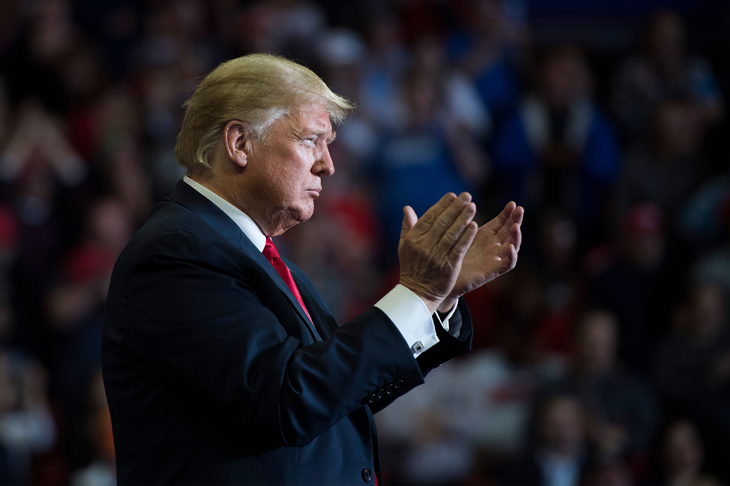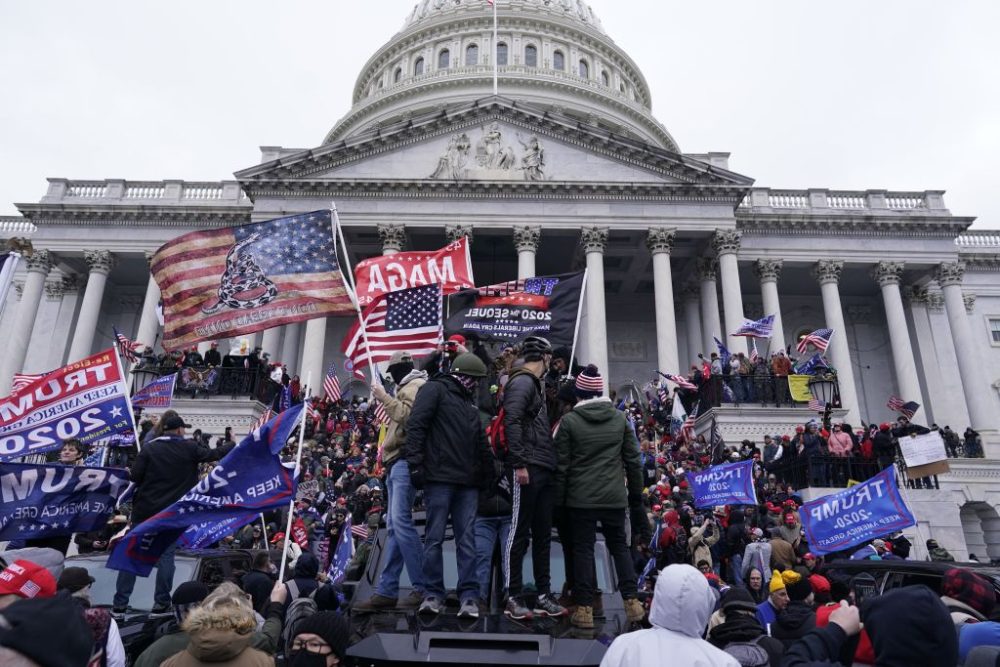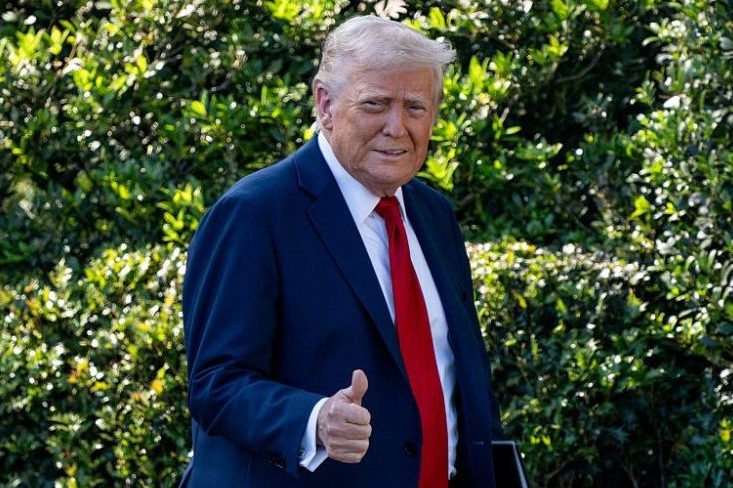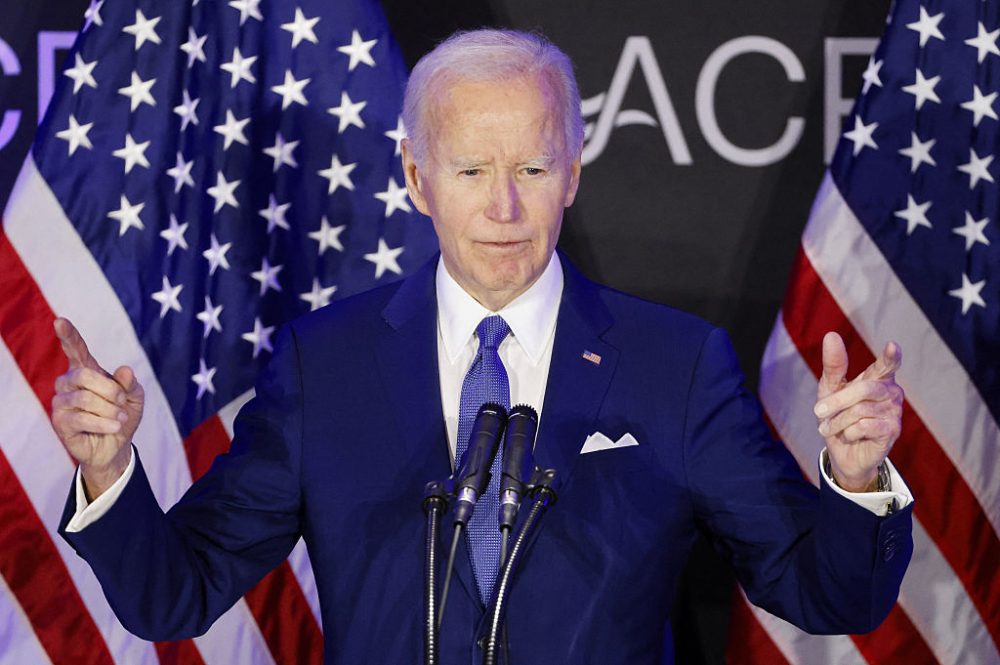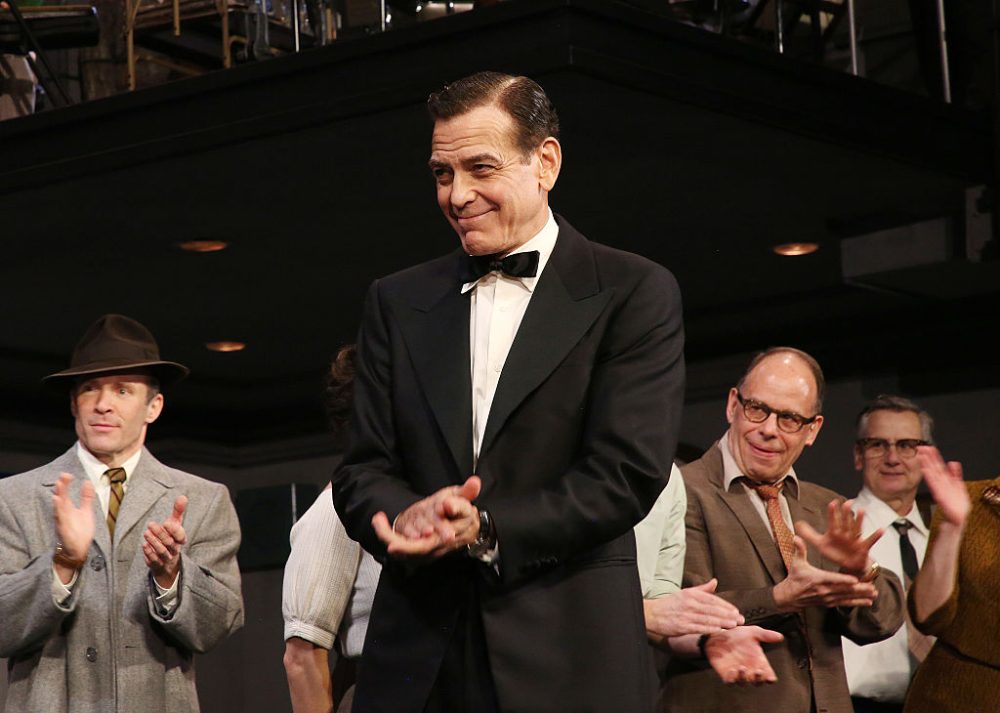According to a New York Times report, ‘At the midpoint of his term, Mr Trump has grown more sure of his own judgment and more cut off from anyone else’s than at any point since taking office. He spends ever more time in front of a television…’
This is too much of a theme of the Trump presidency to be dismissed as more fake news. During his 2016 campaign, the Donald confessed to developing positions on national security and foreign policy by watching retired generals on the Sunday shows. These days, Trump has access to the FBI, CIA and other intelligence organizations – but has repeatedly expressed that he does not trust them. Hence, it seems, he relies on the media to understand world events, over and above law enforcement officials and intelligence analysts.
Trump’s presidency is often described as reality TV. A more precise point might be to say that the president’s reality is TV – or at least media. He neglects his daily intelligence briefs, thumbing through the print editions of the New York Times, New York Post, Washington Post and Wall Street Journal every morning – cable news plays in the background. Fox, MSNBC and CNN are reportedly on constantly, and simultaneously, in whatever room Trump finds himself.
Of course, one consequence of Trump’s epistemological diet is that if mainstream media are systematically wrong about something, the President’s thinking would likely be distorted, too. We can see this reality at work with regards to Trump’s commitment to ‘build the wall.’
In December, Trump declared he’d be ‘proud’ to shut down the government if Congress didn’t provide sufficient funding for his border wall – vowing to keep it shuttered ‘as long as it takes’ to get a deal. We ended up with the longest government shutdown in history. Yet because he ended the standoff empty-handed, the President has vowed to shut down the government again in February if Democrats refused to offer concessions. He has now declared a state of emergency to build a barrier without Congressional approval – and deployed thousands of troops back to the US-Mexico border – to ward off a ‘virtual invasion’ from Mexico. This is all, the media is quick to say, to placate his base.
But does either Trump or the media ever reflect on what that base really is, or what it thinks? In the lead up to the 2018 midterm elections, Trump, according to the media at least, pandered to his base. What he actually pandered to was the media’s prejudiced idea of the base. He deployed troops to the border after warning of an ‘invasion’ by Central American refugees. His political team ran a campaign ad on the dangers of immigrants that Fox News deemed too extreme. Shortly after the midterms, as his administration came under fire for deploying tear gas and pepper spray against asylum seeking migrants, Trump doubled down on his anti-immigrant talking points to the point where even Ammon Bundy – a noted Trump supporter who led the 2016 armed occupation of the Malheur National Wildlife Refuge – declared, ‘He’s basically called them all criminals… it’s all fear-based, and it’s frankly based upon selfishness.’
When the president’s position on immigration is so extreme it alienates not just Fox News but right-wing militiamen, he has lost the plot. Indeed, according to a recent report by a Republican polling company, this approach may have cost Republicans the House.
Consider that Trump can claim to have fulfilled many key campaign promises already: the number of unauthorized immigrants living in the U.S. is at the lowest level in a decade; he’s renegotiated NAFTA and is reportedly turning his attention to the TPP; he fulfilled his campaign pledges to withdraw the United States from the Paris Accords, the Iran Deal and the Syrian Civil War. He made diplomatic breakthroughs with North Korea. ISIS has been significantly rolled back. He has already appointed two conservative Supreme Court justices, transformed the lower courts and reversed-course on a number of pivotal cases. His administration has dramatically reshaped government regulations and enforcement. He signed into law the most sweeping criminal justice reform in decades. He passed permanent tax cuts. Despite occasional shocks, the economy continues to hum along – with unemployment near record lows.
Nonetheless, Trump’s party delivered results that were almost precisely the historical average for inaugural midterms – in terms of seats gained and lost, and the popular vote swing. Trump’s approval rating hovers around the low-to-mid 40s. Why? Because the President continues to alienate white voters.
In 2016, Trump was able to eke out a win, despite getting a smaller share of the white vote than Mitt Romney, due to his relatively strong performance with blacks and Hispanics; exit-polling suggests he won roughly 8 percent of the former and 29 percent of the latter. In 2018, Trump support seems to have ticked up a little with black men (thanks Kanye). However, his party has still suffered significant attrition: most of the votes Republicans lost (and Democrats gained) in 2018 came from suburban, educated, middle to upper-middle class whites. Trump’s rhetoric and actions in the lead up to the midterms seem to have violated their bourgeois sensibilities to the point that many were willing to defect regardless of his ‘accomplishments.’
Mainstream media outlets (and academic journals, for that matter) consistently correlate Trump’s perceived ‘racism’ with his popularity among whites. Yet, the reverse it true. As I demonstrate in a recent study for The American Sociologist, Trump’s racialized remarks were more a drag on his support among whites than a key to his electoral success. Indeed, political scientist Matthew Grossman revealed that one of the most common negative words associated with Trump by his own supporters was ‘racist.’ Much of the research ‘proving’ Trump’s voters are bigots suffers from prejudicial study design and glaring methodological or inferential errors. For instance, one widely-covered essay alleged that whites voted for Trump out of a sense of ‘status threat.’ Yet the study data actually revealed that, on balance, immigration was a losing issue for Trump: his positioning on this issue made whites 5 percent more likely to vote for Clinton than they otherwise would have been.
Studies consistently show that educated, relatively well-off whites tend to be more sensitive to racialized language than most other Americans. They tend to be more concerned than most about decorum, civility, and ‘proper’ leadership. Yet the prevailing media narrative is that a plurality of these voters supported Trump because of his lack of decency rather than in spite of it. And Trump seems to be increasingly buying into the media caricature of his own supporters and their motives. Jane Coaston recently described the President as campaigning ‘like a Manhattan liberal parody of a conservative.’ Spot on.
The irony, of course, is that most pundits and analysts have never understood how anyone could reasonably vote for Trump. As a result, they consistently underestimated his prospects for victory. They don’t seem to ‘get’ his base, and they never have. Yet despite this reality, and his own characterizations of the media as an ‘enemy of the American people,’ Trump nonetheless seems poised to let them lead him off a cliff.
Step away from the TV, Mr. President. It’ll do you wonders. Then again, maybe don’t.



